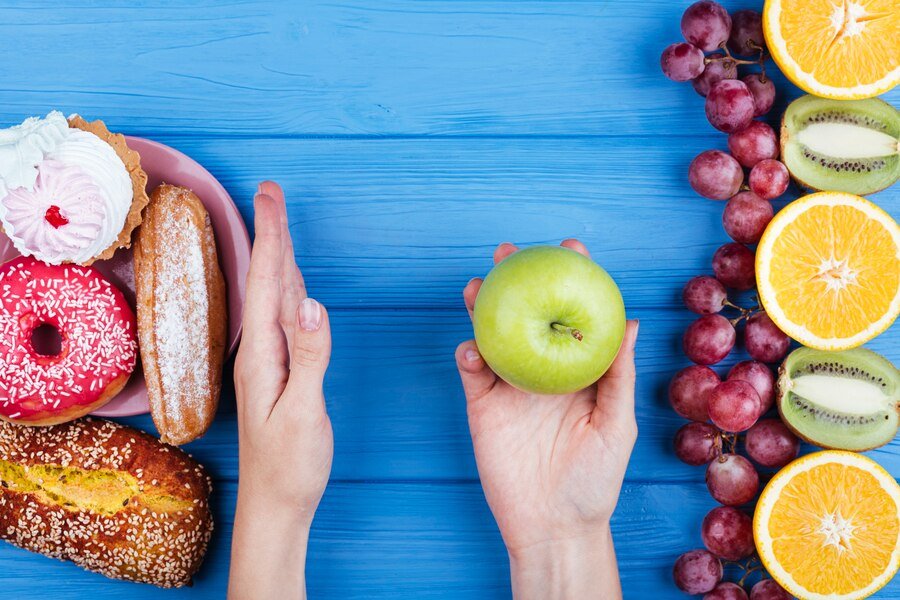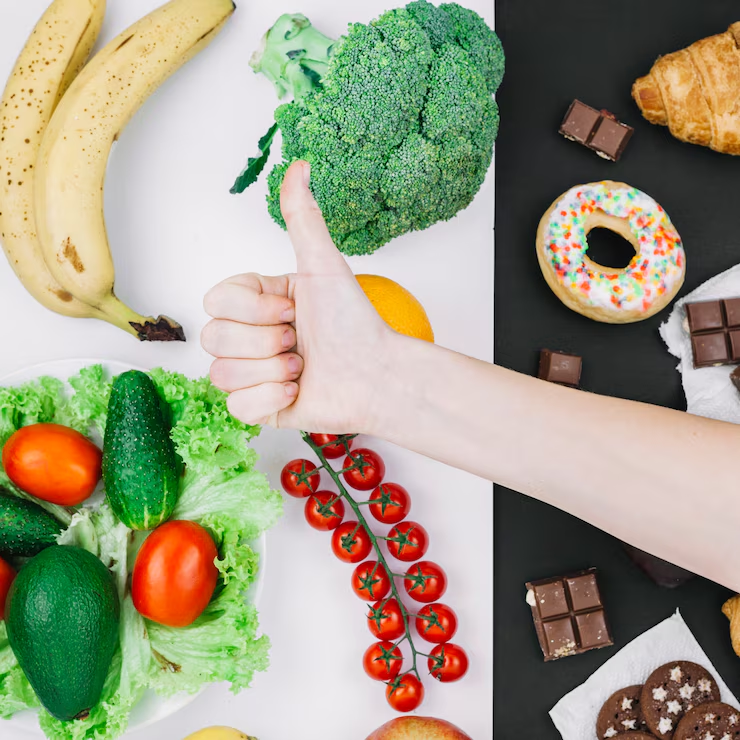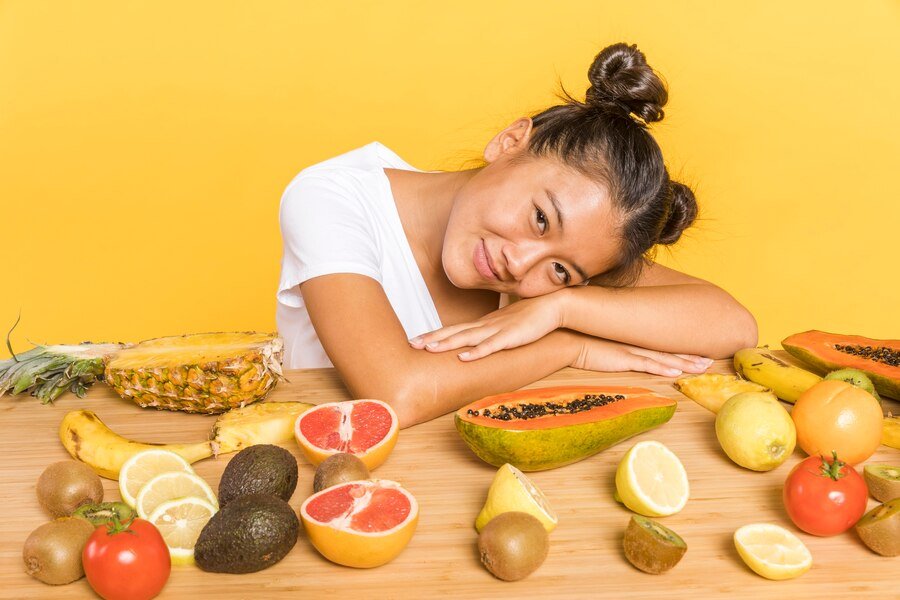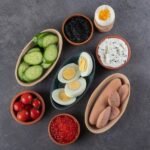Diabetes And Lower Blood Sugar As someone with diabetes, you know the difficulty of controlling diet and blood sugar can be very challenging. Certain food varieties cause spikes while others actually lower it; many individuals require long periods of trial-and-error before finding what works for them. Thanks to long periods of scientific investigation and discovery, we now know which food sources work better for controlling and lowering blood sugar. In this article we’ll outline these food sources so you can manage diabetes more successfully.
For optimal food outcomes, diabetic feast planning may be beneficial. By organizing and planning ahead for dinners early, arranging and planning ahead can reduce snacking or unhealthy eating patterns as well as save both time and energy over time.
Non-Starchy Vegetables: Diabetes And Lower Blood Sugar

Non-starchy vegetables are among the best foods you can eat as a diabetic, not only filling you up, but packed full of vital vitamins and minerals that can help regulate your blood sugar. As they’re whole foods with steady levels of sugar and plenty of fiber, non-dull vegetables allow for regular blood sugar spikes without risk. To get maximum benefit out of non-dull vegetables choose fresh, canned, or frozen varieties without added salt or sauce (examples include these):
Artichokes
Asparagus
Avocados
Broccoli
Cabbage
Cauliflower
Celery
Cucumbers
Green Beans
Hearts of Palm
Mushrooms
Olives
Onions
Squashes
Tomatoes
Zucchini
And more!
Leafy Greens
While leafy greens may technically fall under the category of non-starchy vegetables, they still deserve their own category. Packed full of essential nutrients and lower in carbs than other vegetables, this means your blood sugar won’t spike no matter how many you eat. Spinach and kale are particularly excellent choices to include as part of an everyday diet due to their impressive vitamin C levels; vitamin C aids managing type 2 diabetes while simultaneously contributing to an overall sense of well-being and can even protect eyes from diabetic complications!
Greasy Fish

No matter whether or not you have diabetes, eating greasy fish should be part of your daily diet. It is one of the healthiest food sources and offers numerous advantages. Greasy fish like salmon and anchovies contain significant quantities of the omega-3 unsaturated fats DHA and EPA, which can provide your heart with vital protection from diabetes complications.3 DHA and EPA both help protect blood vessels, reduce irritation, and work towards improving course function post consumption.3 If you have diabetes, chances of heart infection and stroke increase significantly, so adding more greasy fish into your diet could lower those risks significantly. Additionally, adding it as an excellent source of protein will keep you feeling satiated while helping manage weight naturally.
Nuts and Eggs
Nuts and eggs can help manage diabetes by helping to lower blood sugar. Nuts contain plenty of fiber and usually don’t raise your blood sugar.3 However, specific kinds of nuts should be carefully considered because certain varieties contain significant levels of digestible carbs; such as almonds, brazil nuts, cashews, hazelnuts, macadamia nuts, walnuts, pistachios or walnuts3. If you’re watching your weight, be mindful when eating nuts; even though nuts contain healthy fats – as any excess will still affect it negatively on weight.3
Eggs are an exceptional source of nourishing fats that are integral in controlling diabetes. By improving insulin responsiveness and decreasing inflammation while providing cancer prevention agent help that lower free radical levels and protect against disease, eggs can provide significant nutritional value in managing this condition. If adding eggs to your diet, be sure to incorporate their yolk as that’s where most of their benefits reside.3
Seeds

Chia and flax seeds have long been recognized for their ability to regulate diabetes. As a diabetic, the two best seeds to consume include these. Chia seeds provide loads of fiber while being low in edible carbs – and have even been shown to decrease your blood sugar levels!3 For anyone living with the condition, this is extremely helpful for promoting good health management.
Flaxseeds offer additional health benefits, helping with blood sugar control, decreasing heart disease risk and the likelihood of stroke.3 However, due to their hard texture, flaxseeds may be difficult to ingest so choose ground seeds or crush them at home prior to eating them as swallowing whole flax seeds won’t yield any benefit.
Regular Fats
Extra-virgin olive oil has become well known for its many health advantages. It has proven particularly effective at decreasing heart attack risks and contains various cancer prevention agents that reduce irritation, protect cells and lower blood pressure.3 For optimal results, choose unadulterated extra-virgin olive oil when buying it to get all its health benefits, whether that means topping salads with it, using it in marinades or even just cooking meats and veggies using this oil.
Coconut oil, avocado oil, any nut oil, grease and fat from poultry (such as chicken fat or duck fat), coconut milk and unsweetened coconut cream may all aid in managing diabetes.
Apple Cider Vinegar
Apple cider vinegar has quickly become an undisputed star of health food enthusiasts, and with good reason. The age-old acidic solution helps increase insulin awareness, lower fasting blood sugar levels, and decrease reactionary rates by up to 20% when taken in conjunction with meals rich in carbs.3 Due to its causticity, apple juice vinegar should be taken slowly with water as to not harm teeth and throat linings; begin gradually at one teaspoon and increase incrementally over time according to individual need.
Cinnamon And Turmeric
Flavors can be powerful allies when it comes to managing diabetes. Both cinnamon and turmeric should be integrated into daily meals for maximum effectiveness – it only takes a few simple steps!
Cinnamon can enhance almost any food or drink by increasing flavor and adding an unexpected kick. Research shows it can also assist in bringing down blood sugar levels, developing insulin awareness, and decreasing hemoglobin A1c levels3.3
Turmeric can also reduce stress and blood sugar levels, lower heart disease risk, and boost kidney health – just make sure that it is combined with black pepper to activate curcumin’s beneficial properties.
Probiotic Packed Diary Products
Make sure any journal you add to your diet contains healthy probiotics for maximum benefits to your health. Greek yogurt is an ideal choice as it’s low in sugar while high in probiotics; research shows it to help control blood sugar and even reduce risk of heart infection3. When purchasing Greek yogurt, opt for unflavored varieties as those flavored versions contain higher amounts of sugar which may increase blood sugar.
Strawberries
Looking for something sweet? Try snacking on a cup of strawberries instead! Packed with cell reinforcements, strawberries have been proven to decrease both cholesterol and insulin levels after meals3.3 If strawberries don’t appeal, consider switching it up with raspberries, blueberries or blackberries which typically have lower sugar contents than fruits like apples and bananas.
Also Read: 10 Healthy Snacks That Will Keep You Energized All Day Long!


